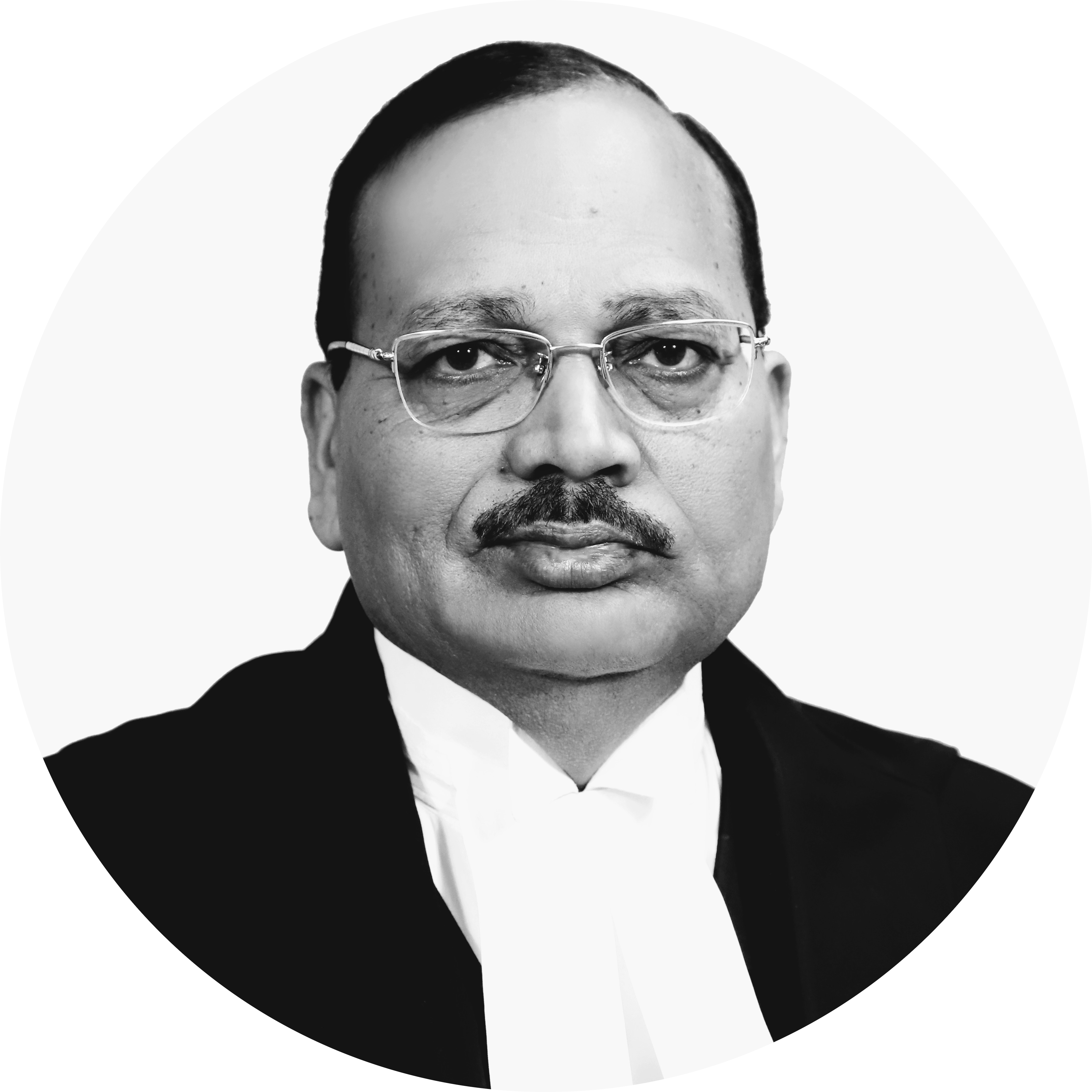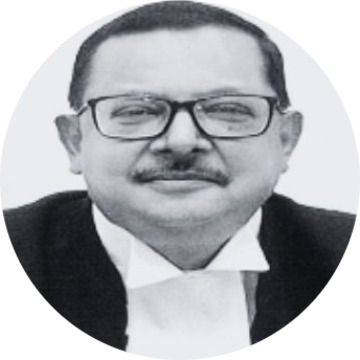Constitutionality of Blood Donation Guidelines
Thangjam Santa Singh @Santa Khurai v. Union of India & Ors
The Supreme Court will decide if the guidelines imposing a permanent ban on transgender persons, men who have sex with men, and female sex workers from donating blood is constitutional. This case presents an opportunity for the Court to join the global departure from permanent bans based on gender and sexual orientation stereotypes.
Pending
Parties
Petitioner: Santa Khurai
Lawyers: Jayna Kothari; Anindita Pujari
Respondent: Union of India; National Aids Control Organisation; National Blood Transfusion Council
Lawyers:
Case Details
Case Number: WP (C) 275/2021
Next Hearing: December 4, 2024
Last Updated: December 4, 2024
Key Issues
Whether a permanent ban on blood donation by transgender persons, men who have sex with men, and female sex workers under Clause 12 of the Guidelines violate Articles 14, 15 and 21 of the Constitution of India, 1950?
Whether a permanent ban on blood donation by transgender persons, men who have sex with men, and female sex workers under Clause 51 of the Guidelines violate Articles 14, 15 and 21 of the Constitution of India, 1950?
Case Description
Santa Khurai, a prominent transgender rights activist from Manipur has filed a public interest litigation, challenging the permanent exclusion of transgender persons, men who have sex with men, and female sex workers from being blood donors.
In October 2017, the National Blood Transfusion Council (NBTC) and the National Aids Control Organisation (NACO) issued guidelines on donor selection and best practices in blood transfusion services, titled ‘Guidelines for Blood Donor Selection and Blood Donor Referral’ (‘Guidelines’). The general criteria for the donor selection included ‘Risk Behaviour’ (Clause 12) and ‘At risk for HIV Infection’ (Clause 51). These clauses permanently banned transgender persons, men who have sex with men, and female sex workers from donating blood. The guidelines considered this group of persons as ‘at risk’ for HIV, Hepatitis B or C infections.
Santa Khurai contends that basing this exclusion entirely on gender identity and sexual orientation is arbitrary, unscientific and discriminatory. Since the 1980s, the HIV/AIDS epidemic outbreak has created stigma and stereotype causing several countries to adopt this policy. However, many countries have repealed these policies, signalling a departure from imposing permanent bans based on negative gender identity and sexual orientation stereotypes.
The petitioner further stated that the Guidelines need to factor in actual risk rather than perceived risk. The present Guidelines are not based on how HIV transmission occurs, but rather on the identity of certain groups of people, who are perceived to be the carriers of the disease.
Despite the increased demand for blood and plasma arising from the COVID-19 pandemic, those excluded in Clause 12 and 51 were unable to donate blood to their family and friends. The blanket exclusion prohibited transgender persons, men who have sex with men, and female sex workers from donating life-saving blood and plasma during this time of high need.
The petitioner contended that the permanent deferment based on gender identity and sexual orientation is violative of Articles 14, 15, and 21 of the Constitution of India, 1950. The Guidelines denies transgender persons, gay and bisexual men, and female sex workers equal opportunity, the autonomy of equal participation, and the right to access to health.
On March 5th, 2021, the CJI Bobde led three-judge bench including A.S. Bopanna and V. Ramasubramanian admitted the petition. It issued notice to the Central Government, NACO and NBTC. However, the bench denied an interim stay on the Guidelines as it is primarily a scientific assessment – out of the Court’s expertise.
On November 18th, 2022, the matter came up before a 2-Judge Bench comprising Justices A.S. Bopanna and P.S. Narasimha. However, as the Union was yet to appoint an advocate to represent them, the SC directed the matter to heard on December 12th, 2022, with the Union’s advocates present.


